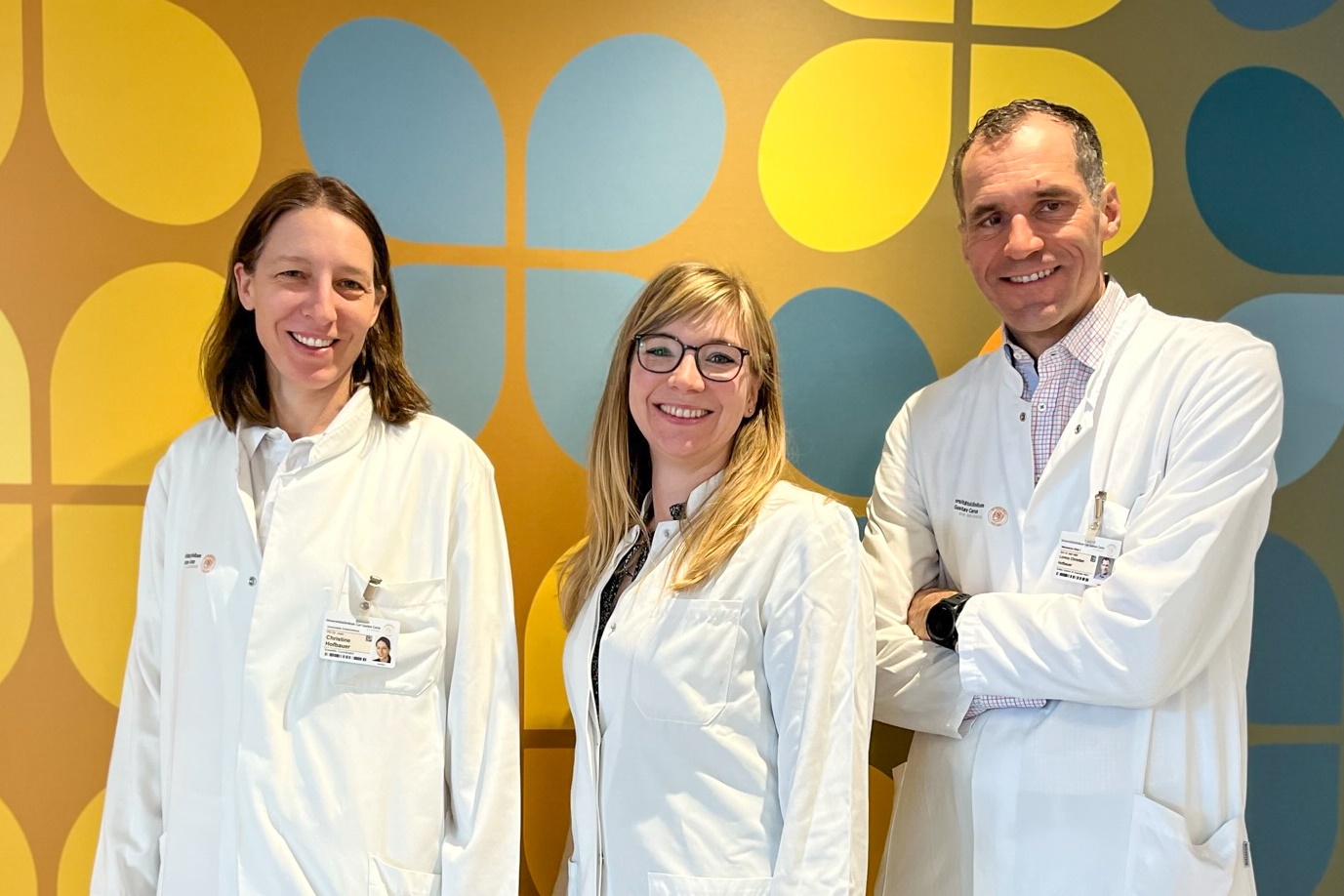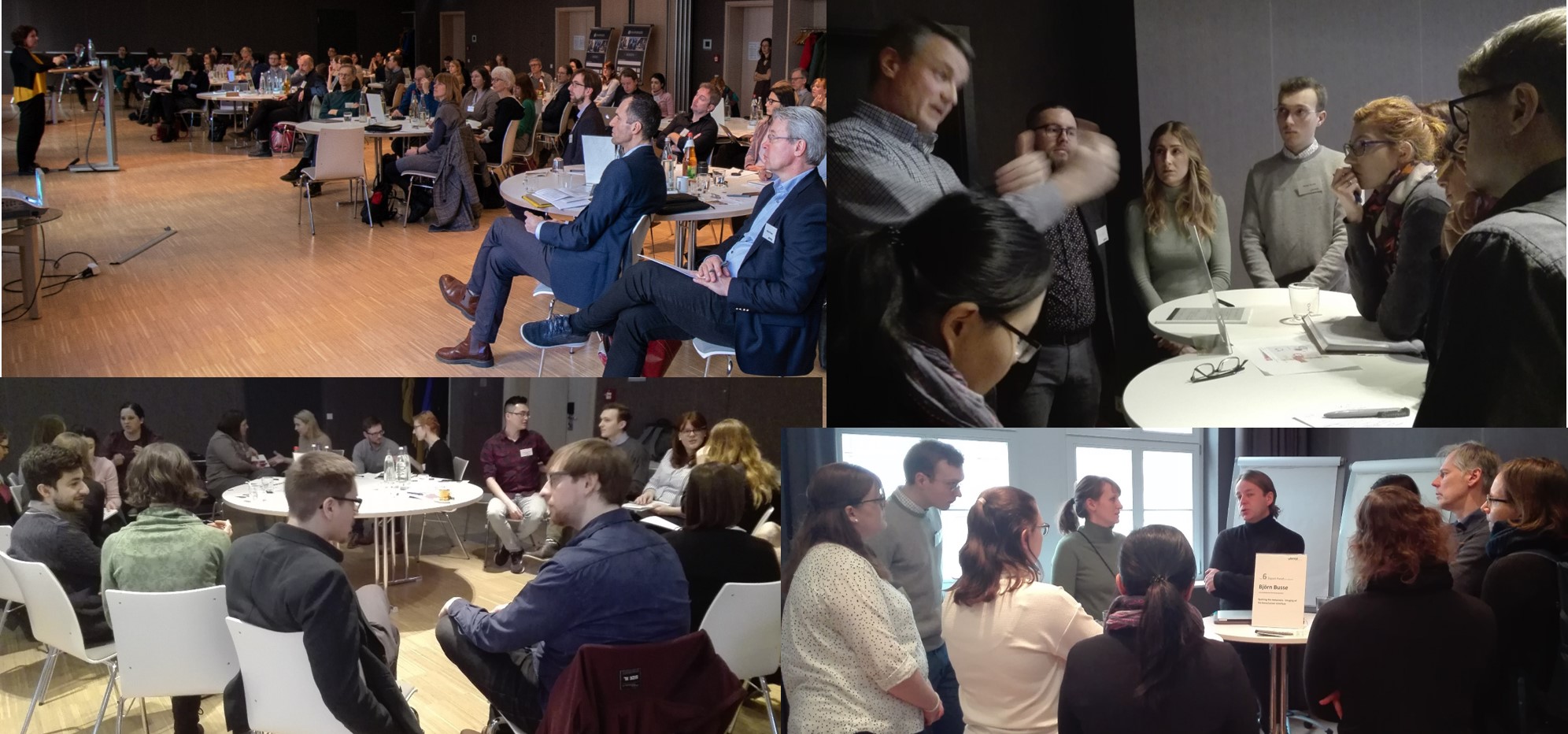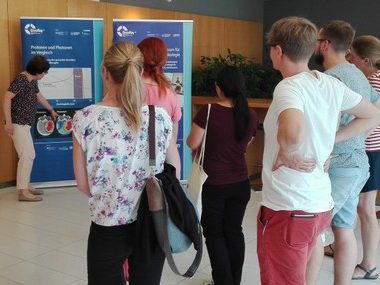Stefanie Conrad, TU Dresden
The past three years have been extraordinarily challenging for researchers, physicians, and in particular for patients. To look into the future with greater confidence, new collaborations between scientists and clinicians should help to improve clinical research and patient care.
PD Dr. med. Christine Hofbauer, orthopedic and trauma surgeon in the field of Tumor Orthopedics reports on her experience over the last three years.
How has the Coronavirus pandemic affected the care of patients?
Patients with bone and soft tissue tumors have been continuously seen in our outpatient clinic. In the interdisciplinary tumor boards, we have noticed only 5% less patients compared to 2019. In this highly vulnerable population, several strict measures were in place that we kept on until today. While elective surgery has been reduced significantly, tumor surgical procedures cannot be delayed. However, it is possible that some patients were hesitant to see us out of fear of contracting an infection, especially in the pre-vaccine era. Statistics will tell, whether some tumors have been diagnosed at a more advanced stage.
What long term changes can we expect in the clinic and from the patients attitude?
By February 2023, clinical care for patients with bone metastases is almost back to the 2019 level. As with the general population, some people have witnessed a decline in their overall health resulting from smoking, drinking, and obesity and the effects of social distancing. Some have used the time to be extra health-minded and putting more focus on personal responsibility. We have encouraged the latter group by offering prevention programs and sport groups for cancer survivors.
What new ideas emerged during this time?
The pandemic gave us a technology boost: telemedicine became an issue as well as IT-based tumor boards. We have been promoting the concept of personal responsibility with prevention programs and a proactive vaccination program, something we would like to keep in the future. Furthermore, we initiated a pilot project looking at the effects of a sport and exercise program on the course for patients with bone metastases. Together, with scientists from the Bone Lab, we plan to investigate how this regular fitness program exerts positive effects on different tumor markers and patient outcome to foster better patient care. We are excited about this joint project.

PD Dr. Christine Hofbauer, Dr. Stefanie Conrad, Prof. Dr. Lorenz C. Hofbauer



